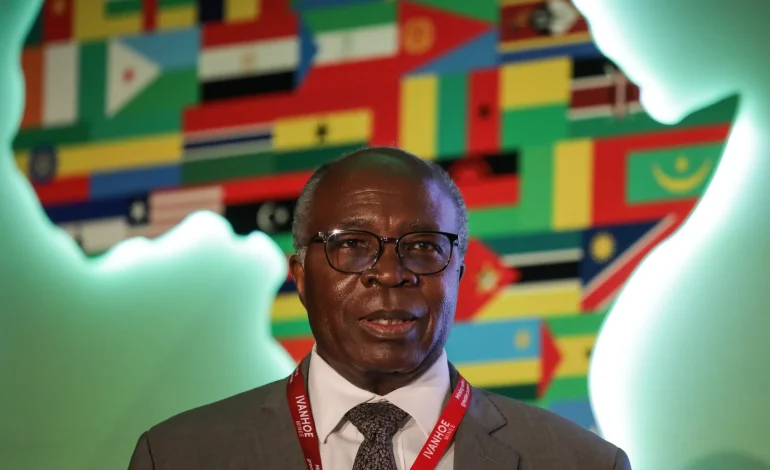Zambia is actively considering debt-for-nature swaps as a tool to further reduce its debt burden, Bloomberg reports, citing Finance Minister Situmbeko Musokotwane.
This move comes as the country successfully restructured $3 billion in eurobonds to exit default and is currently facing a record drought that has severely impacted its economic growth.
“We are thinking about it very closely,” Musokotwane said during an interview at the World Bank and International Monetary Fund annual meetings in Washington.
While a concrete plan is still under development, Zambia is currently working on a framework for operations that will use funds from the swaps to protect the environment.
This exploration of new financing options comes as the IMF recently slashed Zambia’s economic growth outlook to 1.2% for 2023, a significant downward revision from the previous 2.3% estimate. The revised projection reflects the impact of the ongoing drought, described by the United Nations as the worst regional dry spell in over a century.
“If it reduces the debt burden further, why not?” Musokotwane said about the debt-for-nature swaps.
He also emphasized the need to reduce the budget deficit, a key objective for Zambia after emerging from a debt crisis. He outlined plans for cutting government expenditures and scaling down some infrastructure projects.
In addition to exploring debt-for-nature swaps, Zambia is actively engaged in negotiations with the IMF for a new loan under the Resilience and Sustainability Trust (RST). This trust aims to assist countries in achieving sustainable growth and Zambia is seeking funding to address the climate change crisis, particularly through developing more dams for water harvesting.
“We are talking to the management so that we can expedite this as quickly as possible,” Musokotwane said, highlighting the potential of concessional funding to support critical infrastructure projects.
The RST funding, capped at around $1.3 billion for Zambia, offers a 20-year maturity with a grace period on principal payments of 10 and a half years. However, a key condition for receiving RST funding is a minimum of 18 months remaining on the country’s core program with the IMF. While Zambia’s extended credit facility expires at the end of next year, Musokotwane indicated that extending the program is a possibility.









